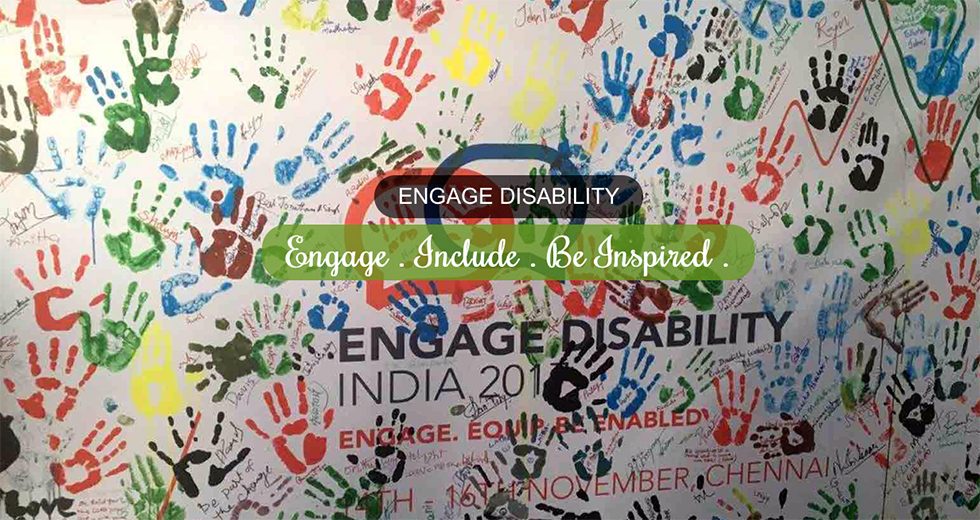Disability advocates discuss diversity and inclusion
Posted on November 4, 2021 by Phil Tanis

An online series of conferences facilitated by Engage Disability India with support from the WCRC’s Reformed Partnership Fund has been meeting under the theme “Treasures of the Church: Celebrate, Recognise, Include.”
“Persons with disabilities found a very important place in the ministry of Jesus as he recognized their potential to be part of salvation history. Jesus tried his best to include himself into their world and seek out what they would want him to do. These great treasures of the church have hitherto been forgotten or not recognized adequately as part of the people of God,” said P.C. Singh, president of the National Council Churches in India.
The series is being held from 8 September to 24 November. The sessions draw together people with personal experience of disability for discussion and reflection on the role of church in empowering persons with disabilities and exploring anew the understanding of the gospel and the nature of church.
“Love is an important principle to include people with differences in churches. The manner in which celebration takes place may vary but it is important to celebrate as this is the example of Christ—who chose people to come and participate in wedding banquets, who himself went to the paralytic in the pool because he recognized his potential,” said B. R. Alamelu, one of the keynote speakers, who lives with visual impairment, highlighting the importance of celebration and inclusion.
Samuel George, professor of theology at Allahabad Bible Seminary and author of The Church and Disability, asked a number of questions during a session highlighting that India has one of the largest number of persons with disabilities and it is thus crucial for the church to engage in the ministry of disability:
- Is the church a building or an institution or the people that Jesus refers to is church?
- How did Jesus envision the church, the church of the elite or the church of able-bodied?
- What and who constitutes the church when Jesus said, “I will build my church?”
“Historically we have seen that church has not been very kind to the people with disabilities. If church has to become a body of justice for people with disabilities, then it has to undergo a radical liberated change. That is where our role come as theological educators. That is where theological institutions play their major role in training pastors for this particular ministry,” said George.
“The important underlying basis for us as Christians is to understand theologically why and how we respond to disability in our true Christian teaching”, stated Nathan Grills, convenor of Engage Disability and a professor at Melbourne University.
Pranitha Timothy, who lives with disability, pointed out an important and recurring theme that undergirded all the keynotes: the “importance of love and seeing persons with disabilities as we see ourselves.”
“This year (of the pandemic) has been a year of remembering those disabilities that are invisible. However, whether visible or invisible, the reality is that people see us (persons with disabilities) but never realize or recognize what we are overcoming every day to live a normal life that is expected. The greatest recognition was to accept that I have limitations and to see them in the light of God’s word,” she stated.
“What we can do together, we must not do alone” was an important ecumenical message and clear call for all churches in India to come together to rally around disability inclusion, issued by Felix Machado, secretary general of Catholic Bishops Conference of India.
The series will lead to a national conference in 2022 focused on the biblical hermeneutics of disability suggesting the integration of a new paradigm of reading the biblical text in the context of experience of persons with disabilities.
Funding through the Reformed Partnership Fund is provided by Otto per Mille.
 World Communion of Reformed Churches
World Communion of Reformed Churches